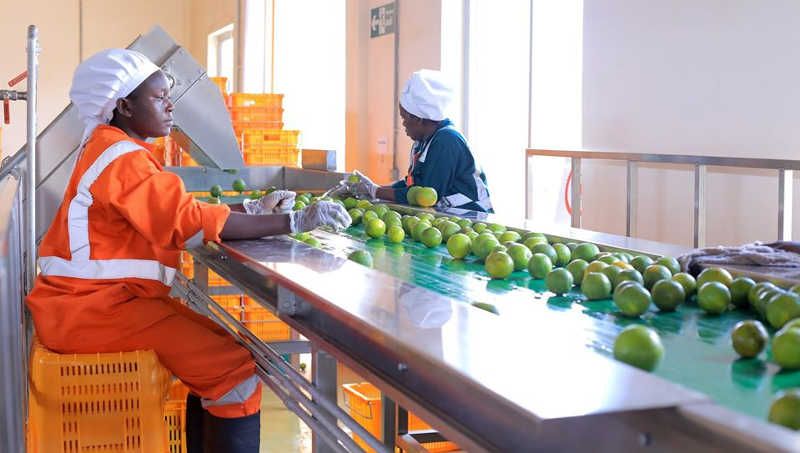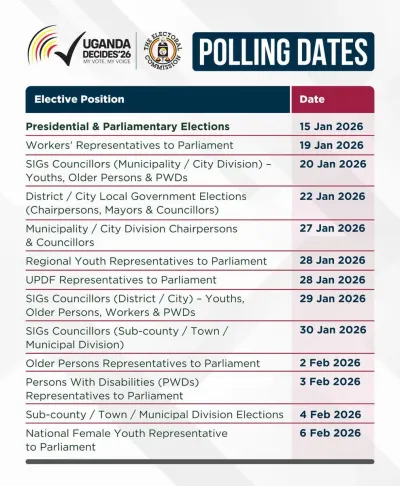

Uganda has comparative advantage in producing juices because of our geographical location that gives unique taste to fruits
The Ministry of Agriculture’s outgoing strategic investment plan (2015/16 – 2019/20) set as its goal channeling investments in priority and strategic commodities across their entire value chains.
For clarity purposes, investment in the value chain focus on research, extension services, husbandry and management, (pest, vector and disease control) access to quality inputs, value addition, and marketing.
The government identified sixteen agricultural enterprises as its ‘strategic’ areas of focus over the five-year period. These are; Bananas, Beans, Maize, Rice, Cassava, Irish Potatoes, Tea, Coffee, Fruits and Vegetables, Diary, Fish, Meat and Livestock, Cocoa, Cotton, Oil Seeds and Palm oil.
A strategic plan that entails meaningful value addition would require total transformation of the way such an enterprise is carried out; from peasantry, to market oriented production. It necessarily entails investments in serious research to come up with the most competitive and suitable breeds/seeds to produce varieties demanded by the market, farmer organization to achieve scale, establishment of processing factories, and linkages to the market both locally, regionally or internationally.
Without even going deep into the details of how the Ministry and the government for that matter, planned to achieve its goals, one can clearly observe that the government set itself up for failure. How was it going to transform all the sixteen enterprises in just five years?
The choice of these enterprises further suggests that the government was simply trying to play politics by choosing the most dominant agricultural enterprises from each region of Uganda.
In Buganda for example, it’s Coffee and Bananas. In western region; it’s Diary and Meat/Livestock production. In the East, it is fruits and Cassava. In Kigezi, it’s Tea and Irish Potatoes. In Northern Uganda, it is Oil seeds and Cotton. In the islands, it is Palm Oil and Fish. Viola, the whole country is catered for and no one would complain of being sidelined.
The official report card on the performance of the Ministry of Agriculture in achieving its set targets is yet to come up. But it does not require a rocket scientist to see that very little has been achieved. Progress has been observed mostly in Coffee, the Diary and Tea sector where output has increased dramatically.
There has hardly been any meaningful progress on adding value to crops such as Cassava, Bananas, Cocoa, Cotton, Beans or even Maize, which is the most grown commodity.
Even in these sub-sectors where progress has been recorded, the government’s deliberate and determined effort to transform the sectors to produce commodities for the market, remain half-hearted, such as the recently abandoned controversial coffee-deal where the government smuggled into the country an investor to exploit the sweat of Ugandans.
The current sharp rise in prices of food, cooking oil and fruits is a huge indictment on the government’s failed promises. If the government had invested any significant resources towards these so-called strategic crops, the country would not have suffered the food inflation that we’re experiencing today.
With this critique, we wish to call upon all Ugandans including relevant leaders at national, local government to demand that the government gives agriculture its deserved attention. Making such high-sounding promises does not help us. The government should instead focus on a few crops that it can develop meaningfully.














Henry Lutaaya
Leave a Comment
Your email address will not be published.